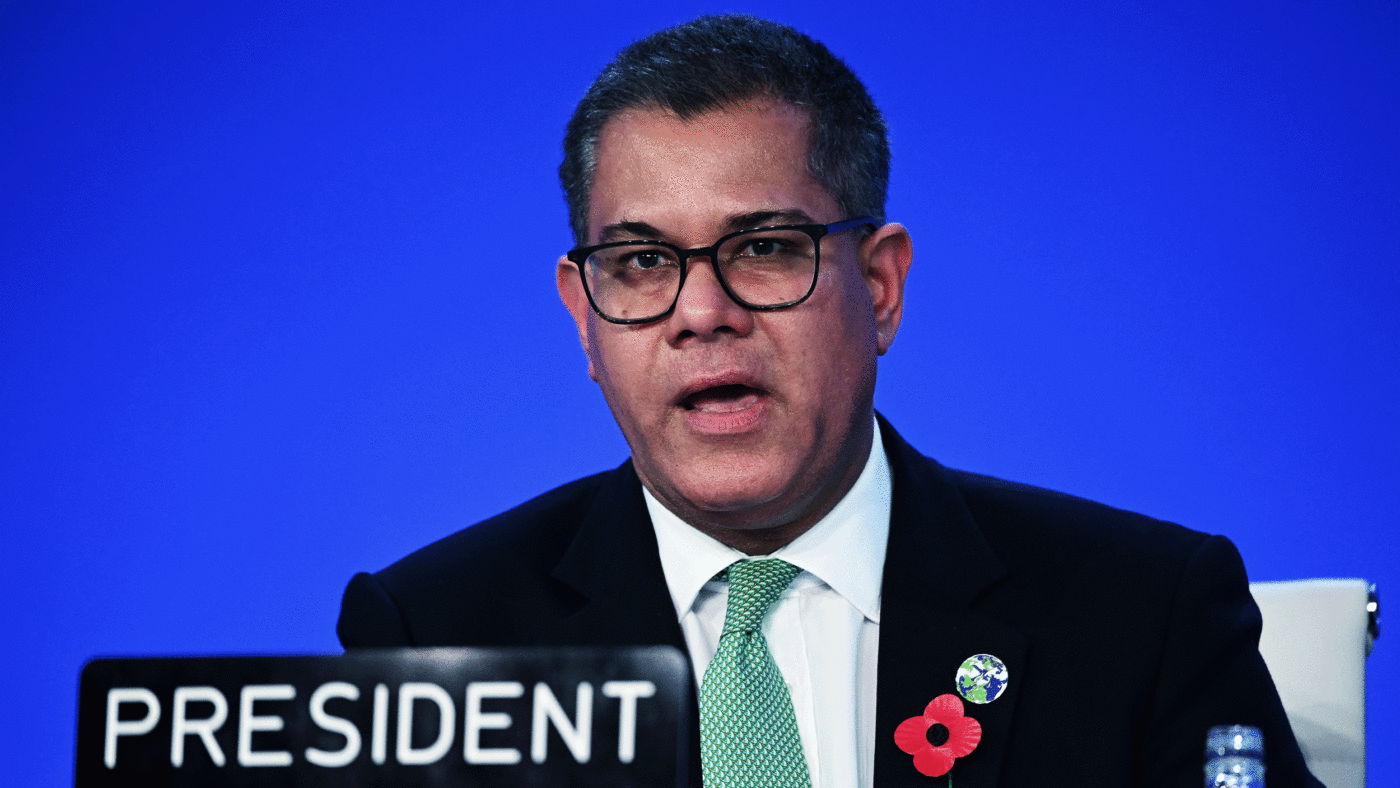Has COP26 all ended in tears? In a quite literal sense, it very nearly did. When closing the conference on Saturday evening, COP president Alok Sharma struggled to contain his emotions as he spoke of the ‘deep disappointment’ at last minute changes to the wording of the Glasgow Climate Pact. Instead of a commitment to ‘phase out’ coal, pressure from China and India meant the agreement would only mention a rather vague ‘phasing down’. But even with the unhelpful final edit, there are reasons to be cheerful.
For one thing, even before COP26 many nations had already strengthened their national commitments to bend the arc of predicted global warming down towards 1.5ºC – as set out in the Paris Agreement. Further commitments were made at the conference itself, most notably by India, which has pledged to reach climate neutrality by 2070. If successfully delivered, global temperature rise could be held to an estimated 1.8ºC by 2100. That should give us hope – and work must now begin on nudging those warming estimates ever lower.
Yet amid all of the target setting and promise pledging, it is easy to forget that rhetoric counts for little when it comes to actually shedding emissions from a nation’s economy. World leaders can make all the pronouncements they want to – especially when setting targets to be met decades after they might have left office. But decarbonisation, in large part, will require technological solutions to eradicate pollution, and phase in cleaner alternatives.
And despite the media’s tedious obsession with who flew which private jet where, precious little reduction in emissions has come as the result of what you might call ‘climate altruism’ – whether it’s someone giving up meat, or deciding against taking a long-haul flight for their holidays.
In practical terms, reducing emissions will mean developing electric vehicles which can be charged quickly and don’t cost an arm and a leg. It will mean shifting how we make the steel, cement, and other physical building blocks of our economy onto a more sustainable footing. It will mean grappling with how to produce high-quality, nutritious food, without the environmental expense – possibly with greater use of genetic editing and the advent of cultured meat. It will mean building more nuclear capacity, and not simply capitulating to the idiotic scaremongering of Britain’s climate extremists.
Successfully answering these questions will require the power of the private sector, which we know is the dominant source of innovation in our economy. Entrepreneurs must be supported, not smothered, by Government – both financially and in terms of the regulatory rulebooks they need to abide by. Interventions such as carbon pricing can harness the profit motive to the climate cause, without needing much less palatable measures, such as heavy-handed top-down bans.
On that note, one idea which has sprung from COP26 is that Britain needs a dedicated Department for Net Zero. That would be a mistake for a number of reasons:
First, keeping climate policy shoulder-to-shoulder with business policy gives Britain a better shot at devising the policies, technologies, and business models necessary for the UK – and indeed the rest of the world – to meet Net Zero. Second, it would also stave off the possibility of a single department being captured by the ‘Green Blob’ of vested interests, who would happily lobby for taxpayer cash to be funnelled into dead-end technologies. Finally, Net Zero ought not to be regarded as something for a single department to crack. While certain departments – Business, Environment, Transport, Housing – will no doubt play particularly important roles, Net Zero needs buy-in across government – central, devolved, and local.
Whether or not COP26 was a success will not be known for a long time, whatever the sizzling takes from writers whose view of the agreement seems based more on their preconceived opinion than what was actually agreed. Nevertheless, the progress which was made should be banked, and the failures must also be kept in mind. If anything, COP26 was a reminder that international summitry can only take us so far. What is needed now is delivery, and for governments around the world to empower businesses and individuals to begin making tangible steps towards the laudable ambitions their leaders have made.
Click here to subscribe to our daily briefing – the best pieces from CapX and across the web.
CapX depends on the generosity of its readers. If you value what we do, please consider making a donation.


